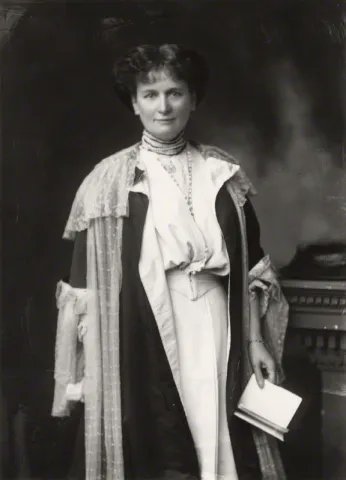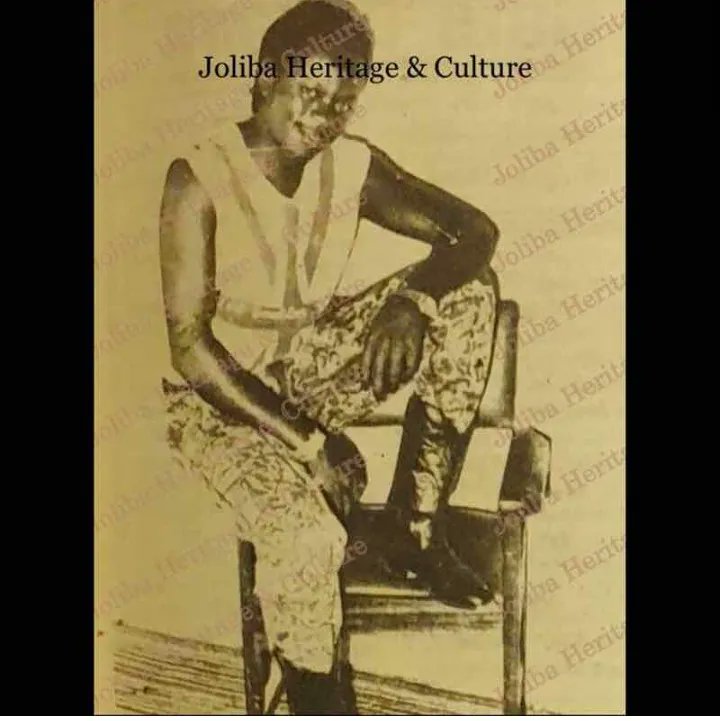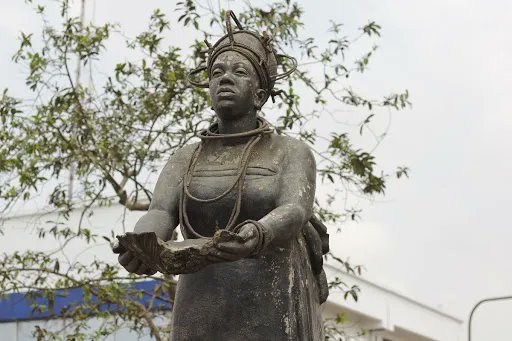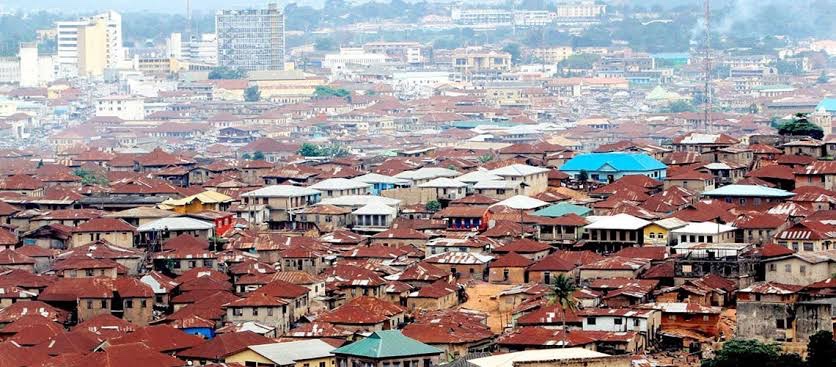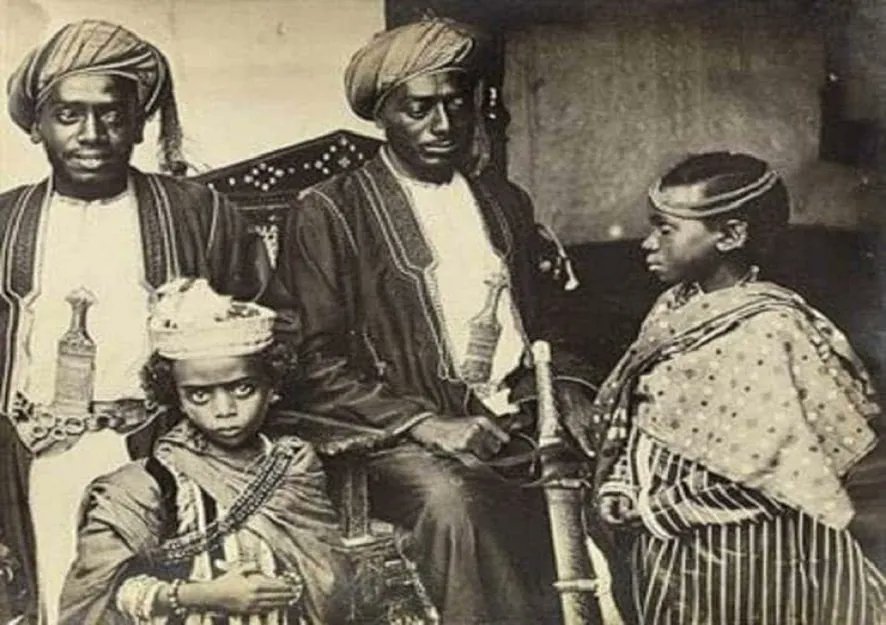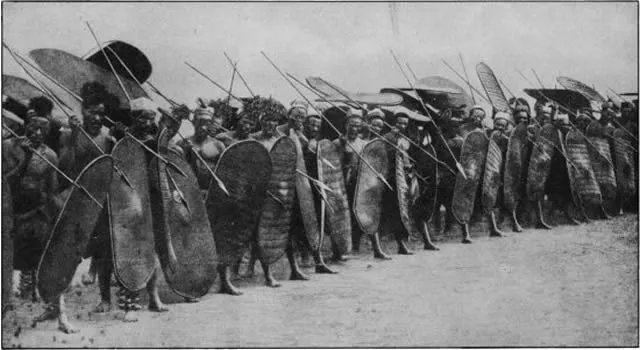
Story of Arhuanran, the Giant Benin Prince Who Could Uproot Trees With Bare Hands
A thread
Retweet to educate someone
A thread
Retweet to educate someone
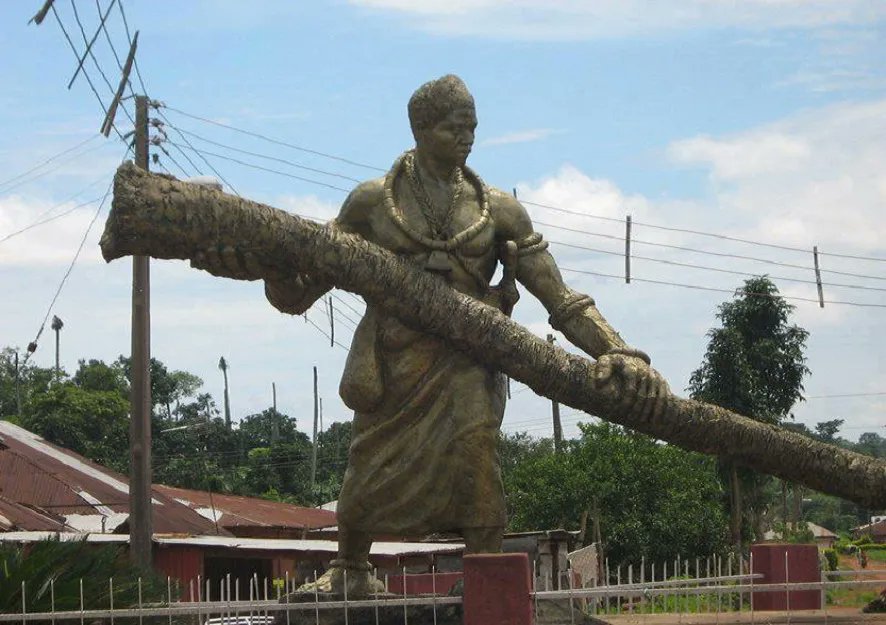
Prince Idubor, also known as Arhuanran, would have been the Oba (King) of Benin as at the time the great kingdom was flourishing but was cheated of his birthright which legend said was given to his younger brother, Esigie, who was born on the same day he was.
🚨How It Happened🚨
Oba Ozolua, also called Ozolua n’Ibaromi (Ozolua the Conqueror), was an important Oba (king) in the history of Benin Kingdom.
Oba Ozolua, also called Ozolua n’Ibaromi (Ozolua the Conqueror), was an important Oba (king) in the history of Benin Kingdom.
He reigned between 1483 and 1514. One of Oba Ozolua’s wife, Queen Ohonmi, gave birth to a baby boy named Idubor who was fondly called Arhuanran.
Arhuanran did not cry immediately after his birth, and during that era, it was considered a taboo to announce the birth of a mute baby to the King.
However, another wife of Oba Ozolua, Queen Idia (the subject of the famous FESTAC’77 mask), put to bed later in the same day but unlike Queen Ohonmi, her baby, named Osawe, cried as soon as he was born.
Osawe’s birth was reported to Oba Ozolua who instantly performed necessary rites and declared him his first son and crown prince, automatically making Arhuanran (Idubor) the second son.
Growing up, Arhuanran constantly felt sad about being cheated of his birthright. He often asked his mother, Queen Ohonmi, if the king was truly his father because he felt a father would not deny his son what he truly owns. 
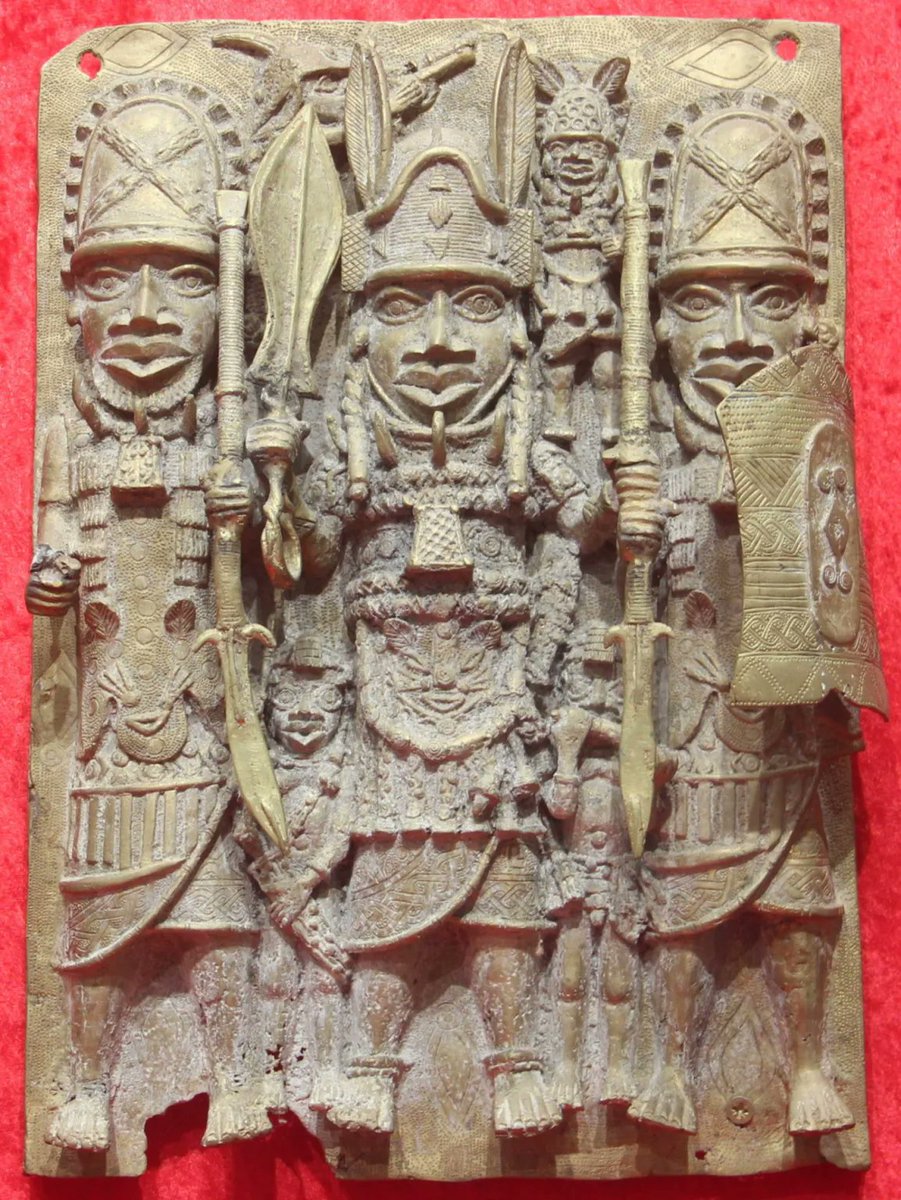
Actually, Oba Ozolua had two sons before Arhuanran (Idubor) and Osawe but they were both kidnapped by oduomomu (thieves of children) during the period of the slave trade.
As time went on, Idubor grew up to become a great warrior with imposing size and strength. He was a giant who could uproot palm trees with his bare hands!
Osawe, on the other hand, quite lacked combat experience as a result of having to attend the school of Portuguese missionaries, rather than joining his father on the battlefield.
Osawe was named the Edaiken (Oba-in-waiting) of the Benin kingdom while Arhuanran was appointed the Duke of Udo, the home town of Oba Ozolua’s mother, and the second largest and most important town in the kingdom at the time.
Arhuanran was not happy about playing second fiddle to his brother.
We gathered that after the demise of Oba Ozolua, Prince Osawe became the Oba of Benin kingdom and took the title of Oba Esigie. As the Duke (Enogie) of Udo, Arhuanran ..
We gathered that after the demise of Oba Ozolua, Prince Osawe became the Oba of Benin kingdom and took the title of Oba Esigie. As the Duke (Enogie) of Udo, Arhuanran ..
refused to accept a subordinate role to his brother, Osawe (now Oba Esigie), and at first, tried to make Udo the capital of Benin kingdom with himself as king. It didn’t take too long before both brothers waged war against each other.
Arhuanran, who was a way bigger and stronger than Oba Esigie, could have easily killed the latter but oral history has it that Oba Osagie’s mother, Queen Idia, supported him spiritually and foiled many assassination attempts made on him. 
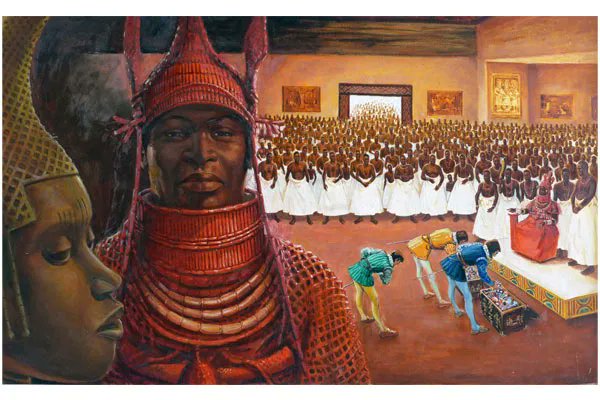
Arhuanran realized that he had to equip himself with supernatural powers if he wanted to defeat Queen-mother Idia who was her son’s spiritual defender, so he journeyed to Uroho village to learn the art of black magic from an old sorceress, Iyenuroho (Okpewho).
That he chose a woman as a teacher, is a clear recognition that his opponent was a woman and that he had to learn the ways of female mystical powers to be assured of victory.
The two brothers went to battle against each other three different times. It was not until the third battle that Arhuanran’s town, Udo, was defeated. The third battle coincided with the planting season, when Udo citizen-soldiers, who were mainly farmers, were busy on their farms.
Meanwhile, Arhuanran had two sons, Kpamabira and Oni-Oni. They were ruling alongside their father, but Kpamabira had died before the war leaving Arhuanran with only one son, Oni-Oni.
Prior to the third battle, Arhuanran (the Duke of Udo) had instructed his surviving son, Oni-Oni, to stay at home and wait for his return. He also instructed his household to listen out for the sound of a magical bell which he placed somewhere in the house.
He explained that if it chimed, they should know that had been defeated in the battle.
Later on, as he fought in the war front, Arhuanran sighted a young man fighting just like him. He was shocked and annoyed, and without a second thought, he used a powerful incantation,
commanding the sword to immediately kill the copycat fighter (A gbe vbe ni me gbe ne umozo gbee rie yoewe).
At that moment, the warrior died, only for Arhuanran to realize that the man who possessed his fighting skills was his beloved son, Oni-Oni.
At that moment, the warrior died, only for Arhuanran to realize that the man who possessed his fighting skills was his beloved son, Oni-Oni.
Arhuanran wasn’t aware that his son had sneaked along to join in the war. In rage and pain, Arhuanran intensified his onslaught on his brother’s army, until there was no winner in the battlefield.
When victory was not forthcoming, Arhuanran decided to run home on time, but his movements were not swift enough. By this time, the magical bell at home was sounding and therefore, Udo people believed Oba Esigie had conquered their duke.
This perceived tragedy caused his wife to jump into a river close to the lake (Odighi). She drowned and died.
As soon as Arhuanran got home, he found out that his wife had jumped into the river. He was so sad. His sons were gone, now his wife.
As soon as Arhuanran got home, he found out that his wife had jumped into the river. He was so sad. His sons were gone, now his wife.
A depressed Arhuanran also jumped into the lake. He did not want to be captured prisoner and taken back to Benin.
Before jumping into the lake, Arhuanran left his Ivie (coral beads necklace),
Before jumping into the lake, Arhuanran left his Ivie (coral beads necklace),
the precious symbol of authority in Benin land, dangling from a tree branch where it could be easily found.
Only the Oba could inherit such trophies of dead or conquered leaders and nobles.
Only the Oba could inherit such trophies of dead or conquered leaders and nobles.
Now, Oba Esigie, out of excitement, wore his late brother’s necklace. He became mentally disoriented right after he put the necklace around his neck.
Removing the necklace from his neck, made no difference. The king was immediately taken back to Benin in that hopeless state.
His mother, Idia, immediately sought after a Yoruba Babalawo (mystic) at Ugbo/Ilaje, in the riverine area, and brought him to Benin to work on the king’s spiritual ailment.
He cured the Oba of his ailment, and the Queen after rewarding him generously, prevailed on him, (the Yoruba Babalawo), to settle permanently in Benin to continue to render his services. He set up home at Ogbelaka quarters where his descendants have thrived until this day.
Many believe that Arhuanran did not die inside the lake (Odighi). They claim he still comes out at night to parade the town of Udo, providing protection for his people. Even as at 2017, it is forbidden to touch or drink the water from that lake.
It is also forbidden to kill or eat any animal from or around the lake. The waters were declared sacred.
Thanks for reading
Thanks for reading
Don’t forget to follow us @NigeriaStories
Know your history today!!
Get our ebook with more stories
Get here
👇🏾
paystack.com/buy/nigeria-st…
Know your history today!!
Get our ebook with more stories
Get here
👇🏾
paystack.com/buy/nigeria-st…
• • •
Missing some Tweet in this thread? You can try to
force a refresh


